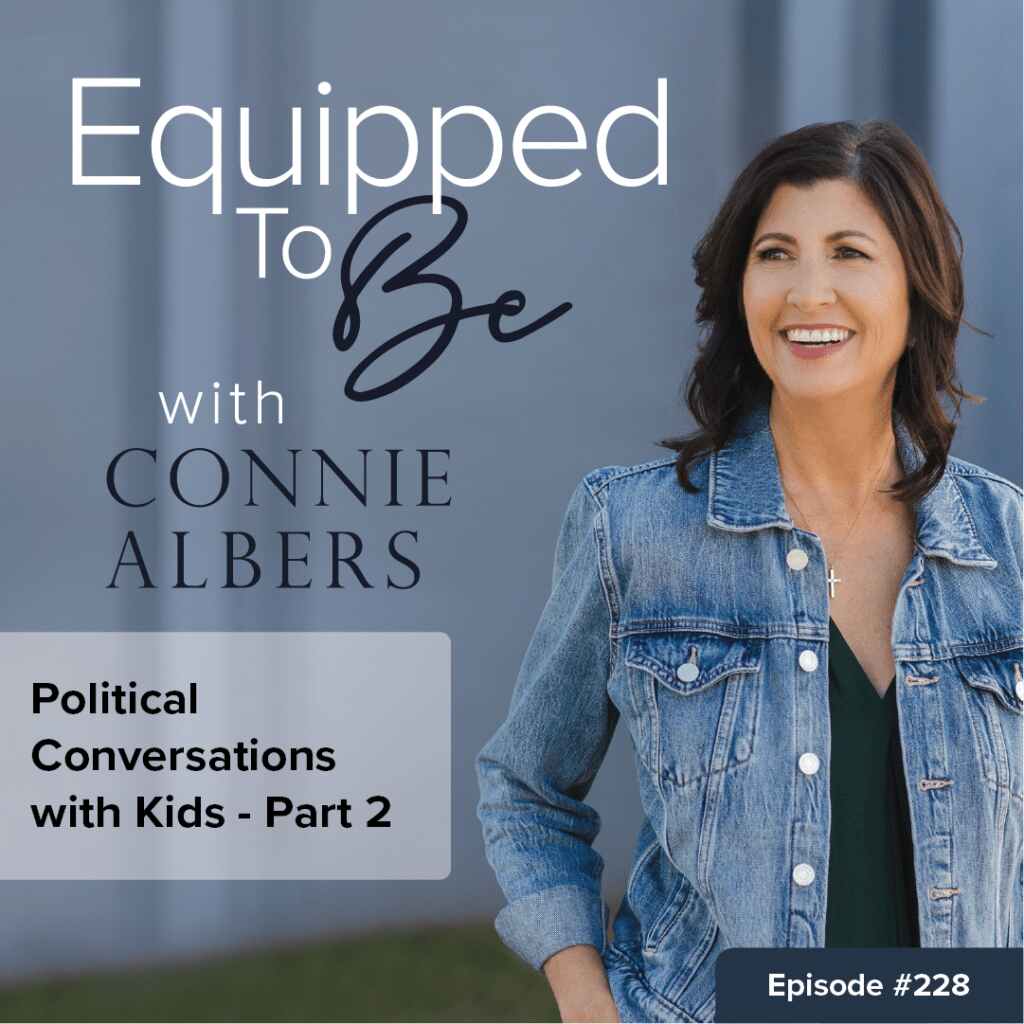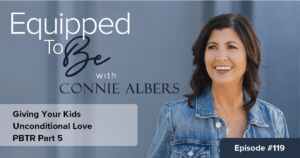In today’s increasingly connected world, it’s nearly impossible to shield our children from political discourse. As parents, our role is to equip our kids with the tools to navigate Political Conversations with Kids Part 2 respectfully and confidently. In Part 1 of our series, we explored why political conversations matter and how to prepare your child for these discussions. In this second part, I’ll share how to handle political conversations with friends, navigate family gatherings, and encourage ongoing political conversations with your kids in the safety of your home.

Handling Political Conversations with Friends
Respect and Understanding
When it comes to politics, our kids are going to encounter different opinions, especially among their friends. It’s so important for them to learn that while we don’t always have to agree with others, we do need to respect their viewpoints. Encourage your child to listen first and think before responding. This simple approach can make all the difference in keeping conversations friendly and open. Remind them that it’s perfectly okay to say, “I see your point, but I think differently,” rather than brushing off someone else’s opinion. By teaching respect and understanding, we’re helping them build strong, compassionate relationships—even when opinions differ.
Peer Pressure
We all know how impact peer pressure can be, especially when politics enter the mix. We simply must prepare our kids for those moments when they might feel the urge to go along with their friends just to fit in.
When we talk about ways kids can stand firm in their beliefs while still being kind and respectful. Encourage them to use phrases like, “I think we just see this differently, and that’s okay,” to gracefully handle these situations. By building their confidence, we empower them to stay true to themselves, even when peer pressure is at its peak.
Real Life Political Conversations with Your Kids
To make these lessons stick, share a story from your own life or someone you know who successfully navigated a political conversation with a friend.
Real-life examples are powerful—they make the lessons more relatable and show our kids that it’s possible to stand firm in your beliefs while keeping your friendships intact.
Navigating Family Gatherings
Encouraging children to ask questions and think critically about political issues is vital. Teach them to evaluate information, consider different perspectives, and form their own opinions. Provide examples of questions they can ask, such as “Why do people have different opinions on this issue?” or “How does this law affect our community?” Role-playing scenarios where they practice discussing these questions can build their confidence and understanding.
Setting Boundaries for Political Conversations with Children
Family gatherings can be a mixed bag, especially when politics come up. It’s important to talk with your child about setting boundaries for these discussions. You might agree as a family to steer clear of politics during meals or certain family events. Setting these boundaries ahead of time can prevent uncomfortable situations and help everyone enjoy their time together. After all, gatherings should be about connection and fun, not about heated debates.
Dealing with Heated Discussions
Even with boundaries in place, sometimes political conversations can get a little heated. Teach your child how to stay calm and collected if things start to escalate. Practicing how to respond to intense comments can be incredibly helpful. Let them know it’s okay to step away from a conversation if it becomes too much. Simple phrases like, “Let’s agree to disagree,” or “Maybe we should take a break from this topic,” can be lifesavers in diffusing tension and keeping the peace.
Encouraging Ongoing Conversations
One of the best things we can do as parents is create a safe space at home and stay informed about these conversations. Let your child know that your home is a judgment-free zone where they can share their thoughts and questions without fear of being judged. This kind of environment encourages them to explore their ideas and engage in meaningful, thoughtful discussions.
Wrapping it Up
Talking about politics with our kids is an ongoing conversation that requires patience, understanding, and a commitment to open dialogue. By teaching them how to handle political discussions with friends, set boundaries during family gatherings, and keep the conversation going at home, we’re helping them grow into thoughtful, informed, and respectful individuals. Remember, these conversations aren’t just about politics—they’re about preparing our kids to navigate the complexities of the world with confidence and care.
Related Episodes
- Election Tips to Talk About with Children
- Healthy Back-to-School Habits with Loisann Fowler – Part 1
- Healthy Back-to-School Habits with Loisann Fowler – Part 2
- Why Children Resist Instructions
- Respecting Your Children
- Structure and Boundaries for Children
- Teaching Your Children to Trust You
- Children Need to Know They Belong
How to Connect with Connie
- Follow Connie Albers on Instagram | Facebook
- Learn more about Connie’s book Parenting Beyond the Rules.
- Learn more about the Equipped To Be podcast
Subscribe to Equipped To Be
If you find this podcast helpful, please subscribe and leave a review. It’s a great way to support the show and only takes a few seconds.
Have a Question or Want to Book Connie to Speak?
Would you like to have Connie speak at your event? Contact Connie here.


